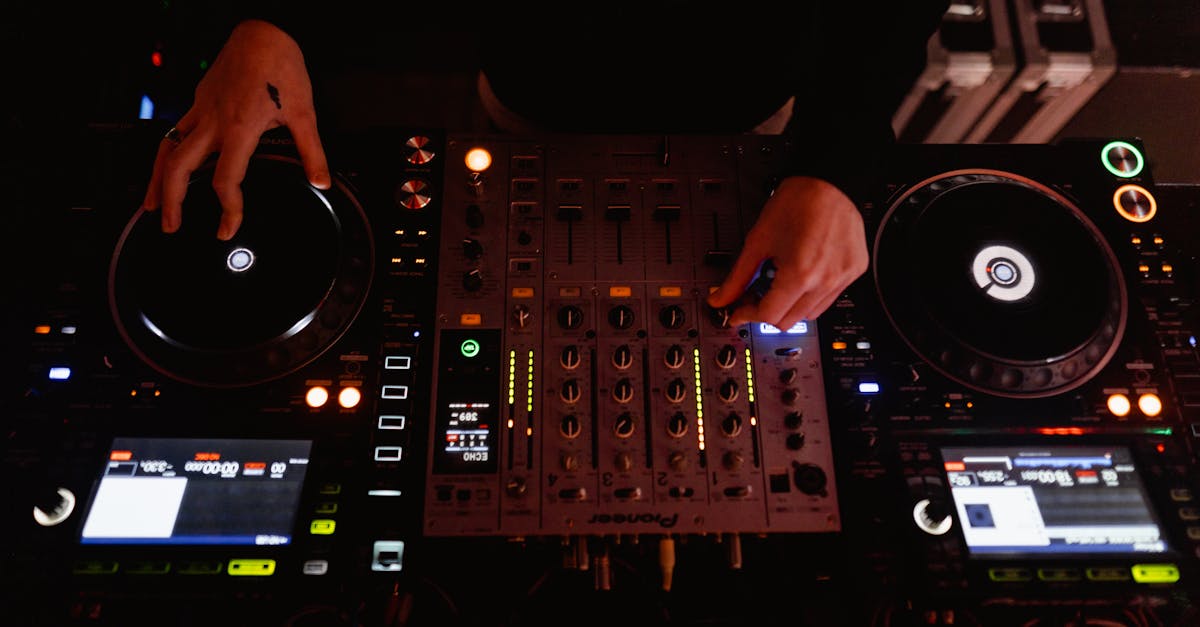Universal Vibes Harmonizing the World Through Music
Introduction to Music as a Universal Language
Music, a profound form of expression, transcends borders, cultures, and languages, uniting people worldwide. Its ability to evoke emotions, share stories, and inspire change makes it an integral component of human experience. From the rhythmic beats of indigenous tribes to the symphonic movements of orchestras, music is a universal language that resonates with everyone. This universal appeal lies in its inherent capacity to foster connections and bring about a sense of community. Whether through a joyous melody or a poignant ballad, music often expresses the inexpressible. This article explores how music harmonizes the world and bridges gaps across diverse cultures.
Advertisement
Cultural Exchange and Inclusion
Music serves as a conduit for cultural exchange, allowing individuals to experience the richness of diverse traditions. By sampling different genres, people are exposed to various cultural influences, leading to greater appreciation and understanding. Participating in world music festivals or listening to global music playlists, individuals can immerse themselves in the soundscapes of far-off lands. These experiences encourage dialogue and curiosity, dissolving stereotypes and prejudices. Collaborations between international artists often result in unique fusions that celebrate differences while highlighting commonalities. Thus, music becomes a vehicle for inclusivity and acceptance, promoting global unity.
Advertisement
The Emotional Resonance of Music
At the heart of music's universal appeal is its ability to evoke powerful emotions, transcending cognitive barriers. Various studies reveal that music triggers emotional responses, releasing dopamine and serotonin in the brain. A melody can mirror a listener's joys or sorrows, offering solace and comfort. From lullabies to celebratory anthems, music accompanies life's significant moments, shaping memories and traditions. Its capacity to emotionally resonate makes music a form of therapy, helping individuals process complex feelings and mental health challenges. Music's emotional impact is a testament to its universal language.
Advertisement
Music and Social Movements
Throughout history, music has played a central role in social movements, serving as an anthem or rallying cry for change. Whether through folk songs of protest or powerful ballads of freedom, music has inspired collective action. Iconic tracks like Bob Marley's "Get Up, Stand Up" and John Lennon's "Imagine" reflect societal aspirations for justice and peace. Artists leverage their platforms to highlight social issues, amplifying marginalized voices. The global reach of these movements emphasizes music's power as a unifying force. When words fail, music speaks, igniting passion and mobilization.
Advertisement
Music and Technological Impact
Advancements in technology have revolutionized the dissemination and accessibility of music globally. Streaming platforms, digital downloads, and social media allow artists to share their work with a limitless audience, irrespective of geographical bounds. Music festivals offer virtual access, enabling global participation and exposure to diverse musical styles. Additionally, technology has facilitated innovative collaborations and genre crossovers, sparking creativity and cultural fusion. This digital age of music accessibility strengthens the connection between performers and listeners worldwide, fostering a shared sense of belonging and discovery.
Advertisement
Education and Music's Universal Appeal
The integration of music into educational curricula demonstrates its importance in cultural and personal development. Music education encourages discipline, creativity, and emotional intelligence, enriching students' lives. Schools around the world embrace music, offering a platform for students to explore self-expression and cultural understanding. Music programs promote cross-cultural learning, broadening perspectives by exploring international genres and traditions. By planting seeds of musical appreciation in the classroom, educators cultivate future citizens who value diversity and embrace global connections. Music, as a teaching tool, underscores its universal impact.
Advertisement
Music's Role in Healing and Well-Being
Music therapy has emerged as a vital component of healthcare, utilizing sound to promote healing and well-being. Therapeutic interventions employ music to address emotional and physical health, supporting recovery and resilience. Therapists use customized musical experiences to aid patients with trauma, cognitive challenges, or chronic pain. The soothing power of music can mitigate stress, anxiety, and depression, enhancing the quality of life. Crucially, music therapy transcends language, making it accessible to individuals from diverse linguistic backgrounds. Here, music's universal tones and rhythms serve as a balm for the mind and body.
Advertisement
Bridging Generations Through Music
Music harbors the unique ability to link generations, sharing stories from the past while inspiring the future. Classical symphonies, rock anthems, and soulful ballads carry nostalgic echoes of previous decades, bridging generational divides. Family gatherings and community events often feature musical activities, encouraging intergenerational bonding. Elderly individuals find solace in familiar tunes of their youth, resonating across time. Meanwhile, young artists draw inspiration from traditional motifs, reinventing them in contemporary styles. In unifying different age groups, music forms an enduring legacy, ensuring continuity of shared cultural narratives.
Advertisement
Music as a Catalyst for Innovation
The creative industry sees music as a cornerstone for artistic innovation and experimentation. Musicians continuously push boundaries, combining genres to create fresh, unique sounds. Experimental artists challenge conventions, utilizing unconventional instruments and digital enhancements. Participating in this global exchange fosters a vibrant arts scene rich with diversity and ingenuity. The rise of cultural hybrids exemplifies the limitless possibilities within musical exploration. Music stimulates creativity in various fields, influencing fashion, visual arts, and technology. As an infinite well of inspiration, music fuels the imaginative spirit inherent in human nature.
Advertisement
Conclusion: Music as a Unifying Promise
In conclusion, music’s global resonance is a testament to its role as a universal harmonizer. Across every corner of the world, it has succeeded in bridging divides, promoting peace, and offering a sanctuary for human expression. As we continue to witness innovation in music production and consumption, one thing remains constant—music's profound ability to connect us all. Its presence in cultural exchange, education, and healthcare highlights its significant influence in every aspect of life. Let us embrace music as a fundamental element of unity, inviting us to explore, learn, and celebrate the universal language that speaks to every soul.
Advertisement







